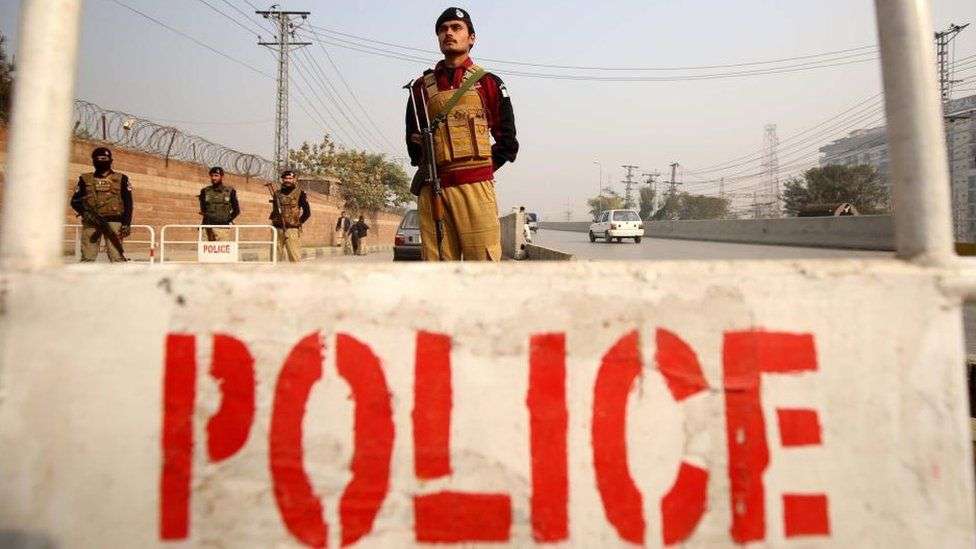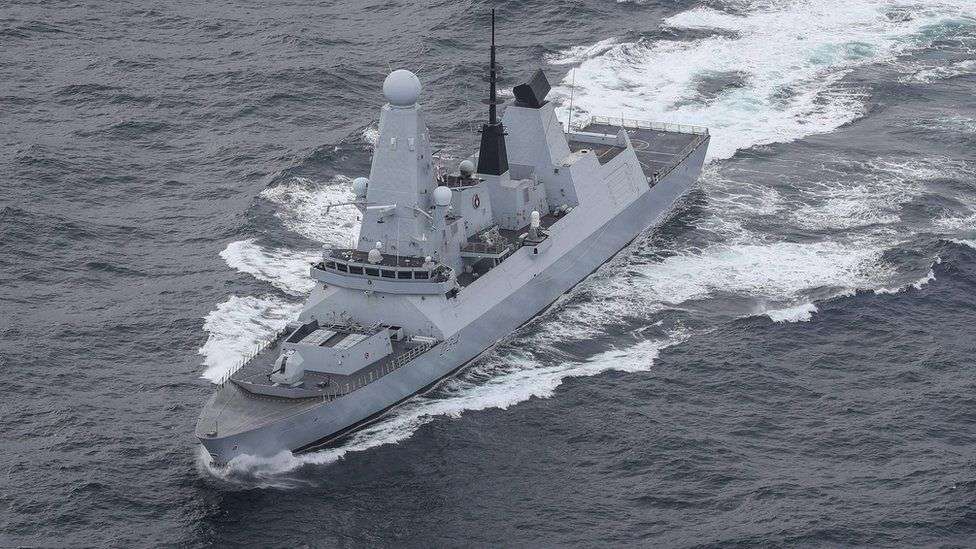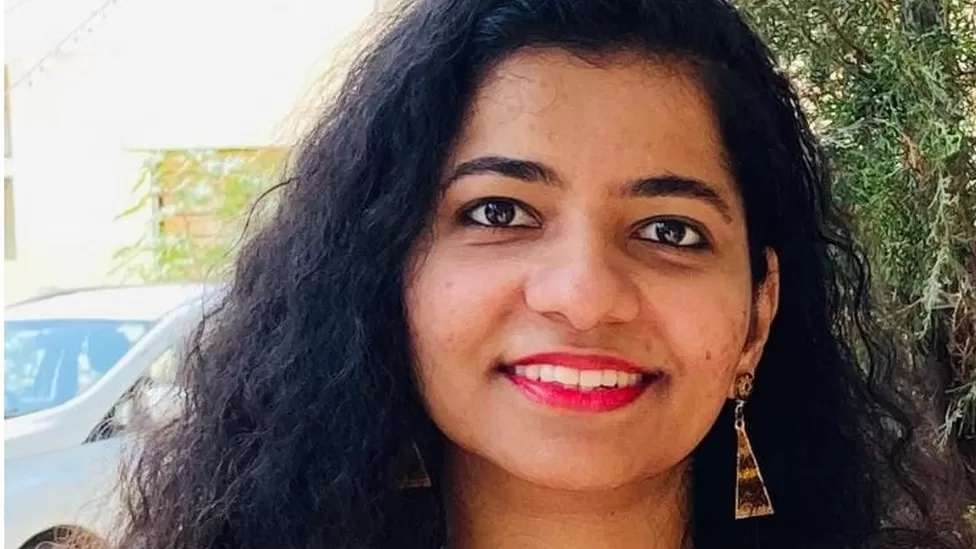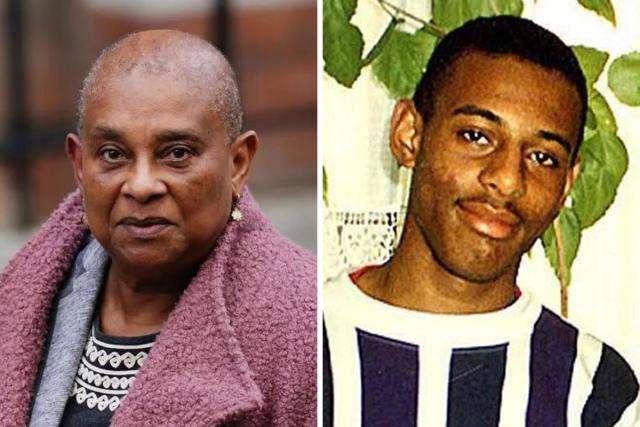At least 10 officers have been killed in an hours-long assault on a police station in Pakistan.
The officers lost their lives after more than 30 militants launched the attack in the early hours of Monday.
Four others were injured in the two-and-a-half hour battle, Khyber Pakhtunkhwa's provincial police chief told news agency AFP.
It is not clear who was behind the attack, or if it is related to the election being held on Thursday.
There has been a rise in violence over the last few weeks, including a candidate for the National Assembly being shot dead in another part of Khyber Pakhtunkhwa last Wednesday.
However, Khyber Pakhtunkhwa also has a long history of strikes on government and security targets, as well as civilians, by the Pakistan Taliban, Islamic State and other militant groups.
According to Akhtar Hayat Gandapur, the regional police chief, the attacks were launched at about 03:00 local time Monday (22:00 GMT Sunday), first with sniper fire, followed by grenades.
The militants attacked from three different directions, and briefly had control of the police station, he added.
The spectre of violence is already hanging over Pakistan's voters on Thursday, with the Election Commission of Pakistan categorising half of the country's 90,675 polling stations as either "sensitive", meaning there is a risk of violence, or "most sensitive", indicating a higher risk. The classifications are based on the region's security situation and history of electoral violence.
However, the issue is also at the forefront of voters' minds amid recent rises in attacks and counter-attacks.
According to the Islamabad-based Center for Research and Security Studies (CRSS), 2023 saw the number of violent incidents across the country increase for the third year in a row, with the most recorded fatalities - including security forces, militants and civilians - since 2017.
Khyber Pakhtunkhwa had the highest number overall, with some 458 attacks and counter-terrorism operations during the course of the year, leading to almost 1,000 deaths.
One senior government official told AFP the province's southern region was facing a "severe threat", as militants were beginning "to blend in with civilian populations in urban areas, making it difficult to conduct operations against them".
Meanwhile, last week in Balochistan, a province in Pakistan's south-west with the second highest number of attacks and fatalities last year, a political leader was also shot and killed in his party's election office and a bomb attack following a political rally killed at least four people. The Islamic State claimed responsibility for that attack.
The military also killed 24 militants in an anti-terror operation in Balochistan last week.








